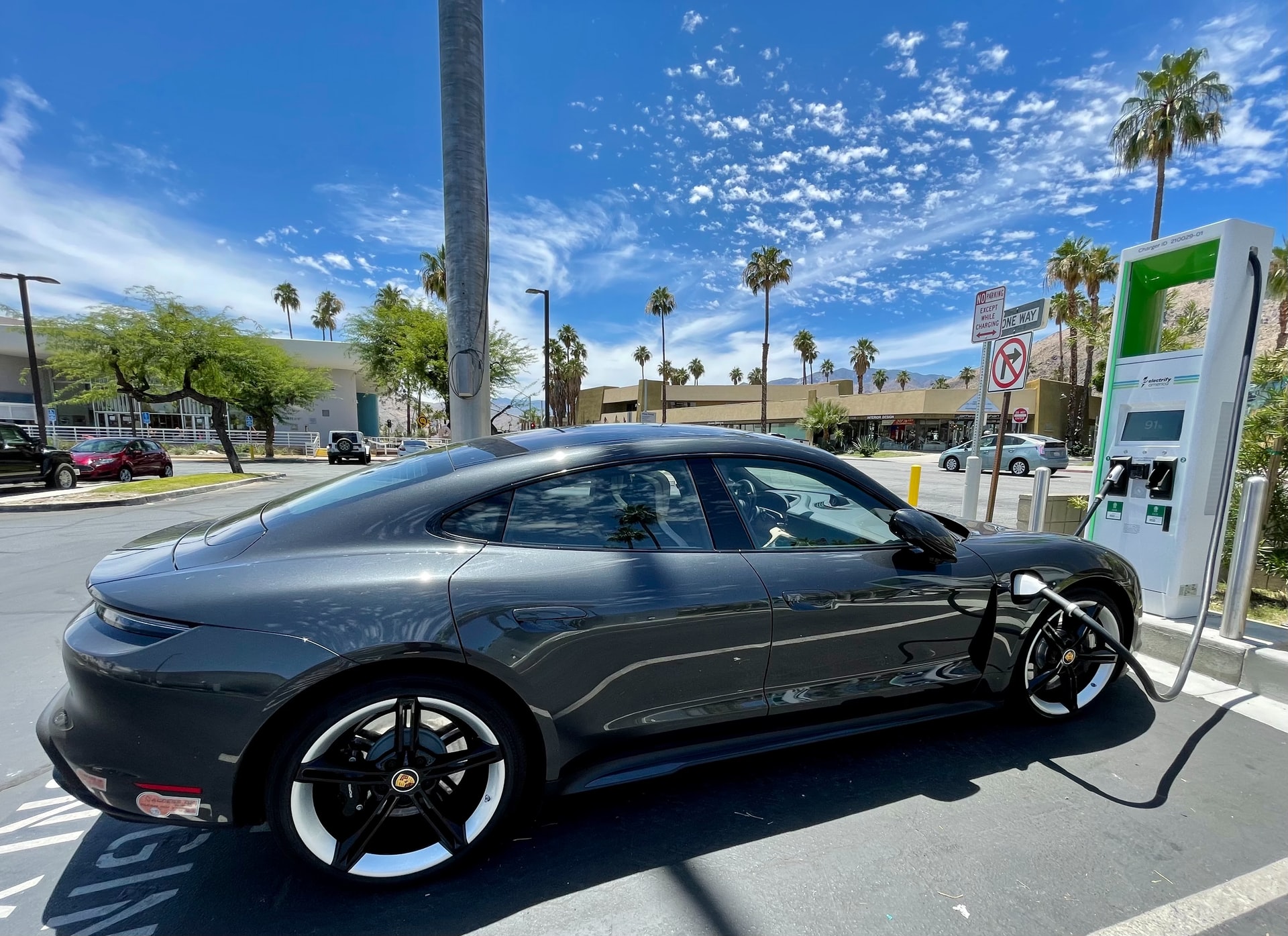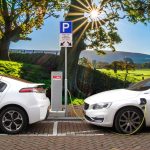Whether you’re looking for a family car that keeps fuel costs low or a fun sports car, electric vehicles offer plenty of benefits. They’re also a great way to help the planet, with zero tailpipe emissions and reduced smog and greenhouse gases.
Battery cell production is moving closer to vehicle assembly plants, allowing OEMs to gain greater control and certainty of supply. It’s also helping to accelerate the shift away from internal combustion engines and towards sustainable mobility.
They are environmentally friendly
Electric vehicles are a great way to save the planet by using less fossil fuels. Fossil fuels are a big source of pollution and greenhouse gases, which are linked to climate change.
EVs are eco-friendly because they use less energy than gasoline cars and are more efficient at using that energy. They also produce fewer emissions during their lifetime than gasoline vehicles, even when accounting for electricity used to charge them.
There are several myths about electric vehicles and their environmental impact. These myths include that making an EV can make more carbon emissions than manufacturing a conventional car, that there is nowhere to charge an electric vehicle, and that electric vehicles aren’t safe.
Although EVs are a greener option than gasoline vehicles, they do have some negative impacts that need to be considered before fully replacing your current car. Specifically, EVs can cause ground-level ozone and particulate pollution, and they may increase tire wear.
They are affordable
Electric vehicles are a great choice for those looking to save money on fuel costs, reduce their carbon footprint, and be kind to the planet. They can also help you cut down on your car insurance costs.
If you’re not ready to pay full MSRP on a brand-new electric vehicle, there are plenty of pre-owned models available for a fraction of the cost. Plus, some electric cars are eligible for federal tax credits or cash rebates that offset their prices significantly.
EVs also have lower maintenance costs than gas-powered vehicles. They don’t require oil changes or tune-ups, and their simple one-speed transmissions have fewer components than automatics.
Electric cars also have better driving ranges than gasoline-powered cars, and many can go 200 miles on a charge. However, it’s important to keep in mind that battery range can drop dramatically during cold weather. Fortunately, some electric vehicles are equipped with heaters to compensate for this shortfall.
They are convenient
Electric vehicles offer a variety of conveniences to drivers that gas-powered cars do not. These include zero or reduced trips to the gas station, convenient charging at home and workplace, and minimal maintenance compared to gasoline or diesel cars.
EVs can also be charged at public facilities, workplaces, grocery stores, and other locations that offer parking with EV chargers. Online maps and downloadable apps help locate public charging wherever you travel.
Another convenient feature of all three EV types is that they require no oil changes, spark plugs, or smog checks. In addition, they have regenerative braking that uses the motor to slow the vehicle rather than the brake pads, and transfers energy back to the battery to extend the driving range.
They are quiet
Electric vehicles (EVs) are a great option for those looking to make the switch from petrol or diesel. They are environmentally friendly, cost less to run and have low maintenance costs.
They are also very quiet and will not emit any toxic gases or smoke in the environment. They are also very affordable, with many government schemes available to help make the move.
In addition, EVs are more responsive than their gas-powered counterparts when accelerating or decelerating and often have a low centre of gravity to improve handling.
However, this silence can pose a risk to pedestrians who may not be able to hear an EV coming and are therefore unaware that it is in the area. This can particularly be a problem for blind people.
In order to avoid these dangers, EVs are required to have an Acoustic Vehicle Alert System which emits a sound to warn pedestrians that it is in the area. This is a very important safety feature that ensures the safest driving experience for all road users.







